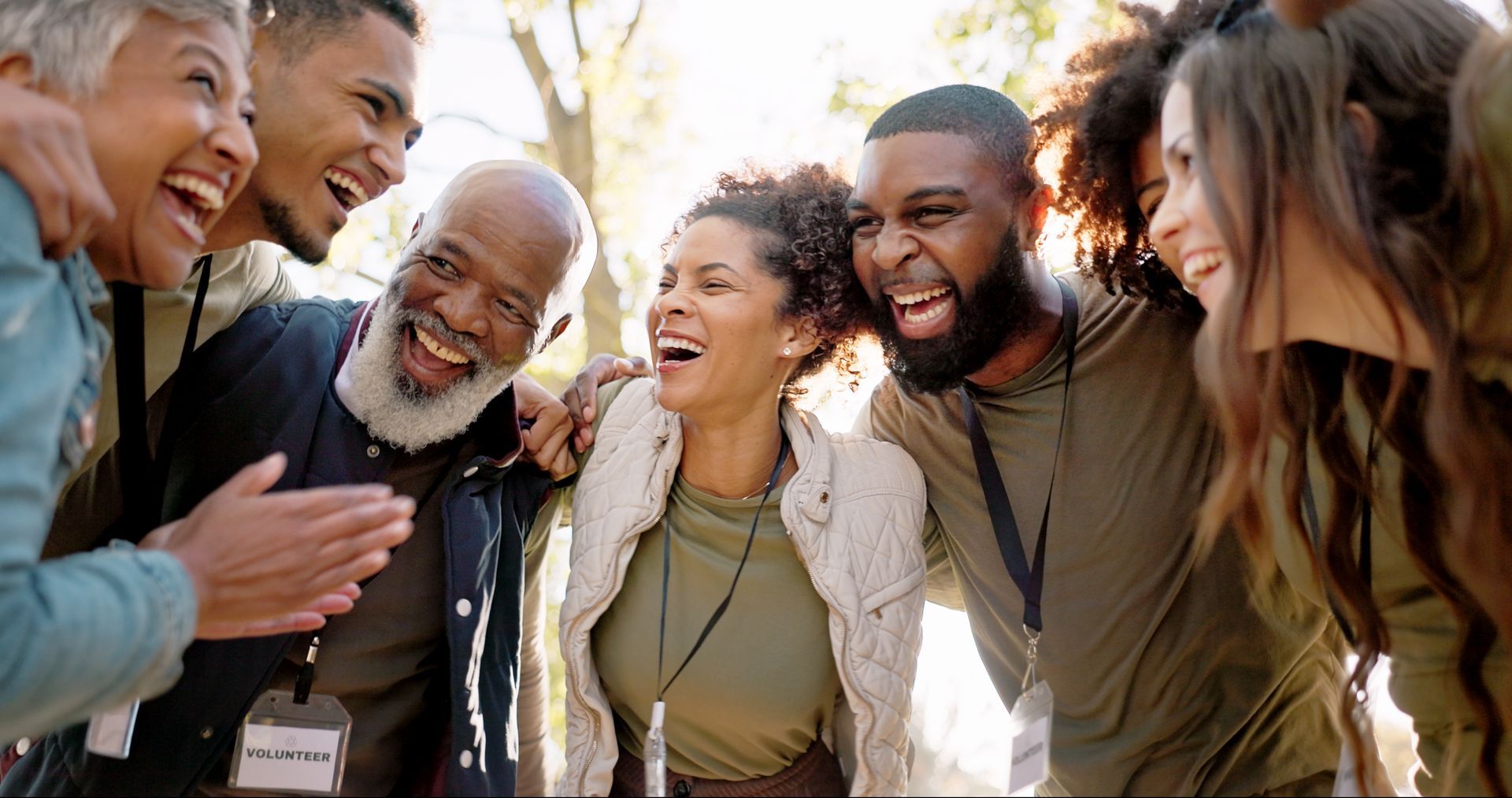Two ways peer reentry specialists promote human flourishing.
Research suggests that lived experience is key.
Over 600,000 people are released from state and federal prisons each year in the United States (Brown-Graham et al., 2022). Two-thirds are rearrested within three years of their release, and nearly 50% are reincarcerated.
Planning for reentry and community reintegration requires that formerly incarcerated adults take responsibility for finding stable housing and employment, mental health and substance use treatment, and transportation. “The majority of incarcerated adults are unsuccessful at connecting to such services” say researchers Gonzalez et al., (2019).
This leads to a high degree of instability, frequent relapse on illicit drugs, increased mortality from drug overdose and other causes, homelessness, and high recidivism rates.
2 ways peer support helps with reentry success
Human service providers are looking for practical ways to build practices that improve participant outcomes, and many recognize the value of “social capital,” or the value that arises from relationships with supportive others.
Social connection is powerful.
“Developing trusting peer relationships based on shared experiences can be empowering and help to build social capital” (Brown-Graham et al., 2022).
“When these relationships do exist, they can be very valuable in helping individuals prepare for and succeed in reentry, such as through reducing their risk of recidivism and poverty and improving their well-being and employment prospects, leading to healthier, safer, and more productive communities” (ASPE, 2020, p. 1).
Two major ways that peer support can help with reentry include:
- Finding stable housing and employment
- (Accessing mental health and substance use treatment
Together, these supports ultimately contribute to well-being and impact recidivism rates.
When supports like assistance with housing and employment and accessing mental health and substance use treatment are in place, we are more likely to see human flourishing among returning citizens.
Unfortunately, incarcerated and reentering populations frequently lack the strong, positive relationships that can facilitate successful reentry.
Human Flourishing
Peer reentry support has been shown to be successful in the research literature. There is evidence that formerly incarcerated individuals experienced lower recidivism rates post-release and increased likelihood of adhering to recovery principles when they participated in programs involving peer services (Gonzalez et al., 2019).
Peer reentry support has also been associated with improvement in noncriminal attitudes, satisfaction with life, and decreased likelihood of rearrest in the three years following release (Gonzalez et al., 2019).
“Trusting relationships create a support structure and provide opportunities to grow and improve our circumstances" (Brown-Graham et al., 2022, p. 4). There is evidence that reentry programs that include peer support builds social capital and that peer supports are associated with improvements in psychological well-being and resilience. They are also connected to preventing recidivism and reducing or preventing harmful activities.
“Peer supports may both serve as a source of healing for the trauma participants have faced and work to build the social capital that will help participants succeed once they have completed their programs” (Brown-Graham et al., 2022, p. 5).
Peer support is a widely accepted intervention in several areas including reentry services, but relatively few comprehensive evaluations have been implemented to test their effectiveness.
An evaluation of peer support services.
Gonzalez and colleagues evaluated the effectiveness of a re-entry support in Texas in decreasing recidivism, promoting community tenure, and encourage recovery of people in jail.
Their qualitative research presented the lived experiences of peers on their impact on recidivism rates, mental health and substance use treatment utilization, employment and housing acquisition, social support, and self-care.
Peer specialists in the Texas program provided prerelease in-reach, discharge planning, needs assessment, and long-term relationship management. Services included building a relationship based on mutuality and unconditional regard, guiding the individual to identify strengths and priorities for needed services, and working with the individual to reduce barriers to support successful reentry into appropriate community-based services.
The Texas program of peer specialist training consisted of 20 modules and a written certification exam. To qualify for training, individuals must have had a mental health diagnosis, current or previous use of health services, and a willingness to use their experiences to help others recover (Gonzalez et al., 2019). Peer specialists reported caseloads of three to 16 clients.
In-depth interviews were conducted with all peers and clients who participated in the program. All participants indicated that lived experience was essential for allowing peers to do their job of promoting recovery and successful reentry.
Participants felt that addressing housing needs was the first priority. Given that housing and criminal offending are intrinsically connected, and homeless adults are more likely to return to jail after release from incarceration when compared to housed adults, “it is not surprising that peers immediately worked to address client housing needs” (Gonzalez et al., 2019, p. 1872).
“In conclusion, results from this study suggest that peer reentry specialists have the capacity to affect widespread recidivism reduction by easing the reentry process. Peers leveraged their lived experiences with the criminal justice system to engage and motivate clients to seek treatment and locate housing and employment to address the problems that lead to crime and rearrest among clients,” the researchers said.
Get involved with peer reentry support.
Interested in learning more about becoming an effective peer support specialist? We equip you to serve current and formerly incarcerated individuals to promote wellbeing and flourishing in the community.
Individuals completing their sentences and transitioning to the community are often facing significant challenges, and peer support provides assistance in navigating the system. Learn more here.
References
- Office of the Assistant Secretary for Planning and Evaluation (ASPE). (2020). Strengthening the social capital of incarcerated and reentering individuals: Six considerations: Issue Brief. Office of Human Services. https://aspe.hhs.gov/sites/default/files/private/aspe-files/262741/social-capital-incarcerated-reentering-individuals.pdf
- Brown-Graham, A., Graham, P. W., Erickson, L., Martinez, S., Lawrence, S., Berner, M., & Spinks, S. (2022). Peer support as a social capital strategy for programs serving individuals reentering from incarceration and survivors of intimate partner violence or human sex trafficking: Report. Assistant Secretary for Planning and Evaluation, U.S. Department of Health and Human Services. https://aspe.hhs.gov/reports/peer-support-social-capital-development
- Gonzalez, J. M., Rana, R. E., Jetelina, K. K., & Roberts, M. (2019). The value of lived experience with the criminal justice system: A qualitative study of peer re-entry specialists. International Journal of Offender Therapy and Comparative Criminology, 63(10), 1861-1875. DOI: 10.1177/0306624X1983059










